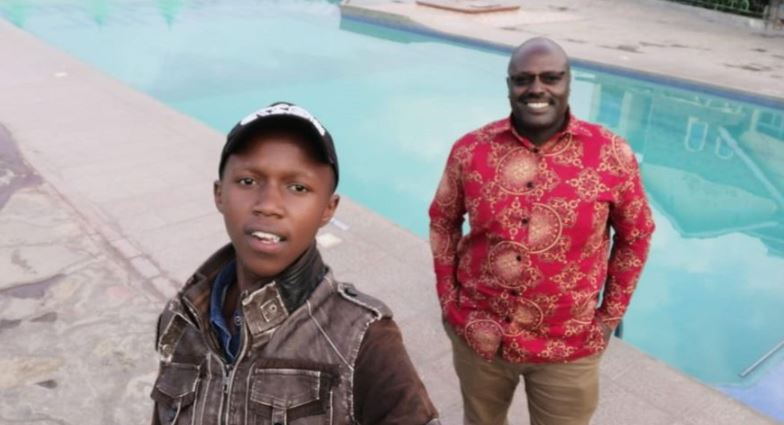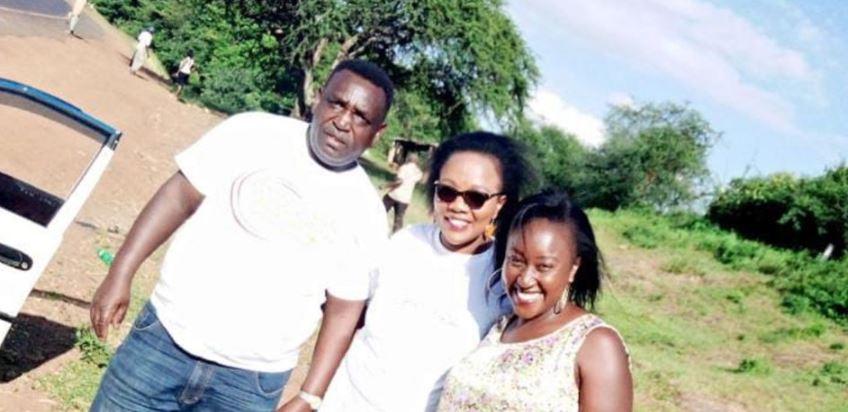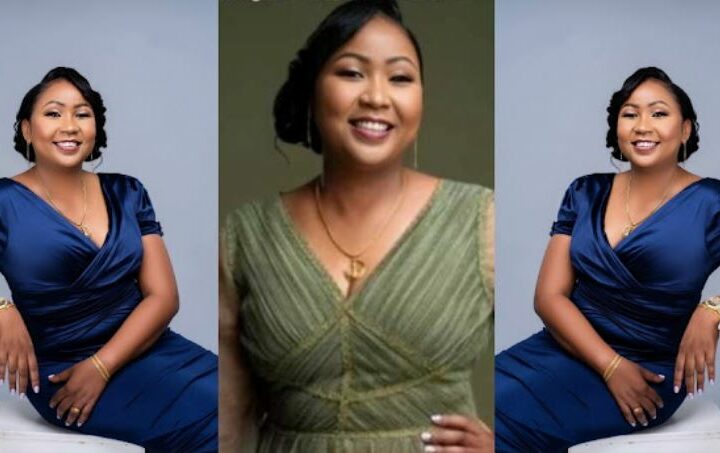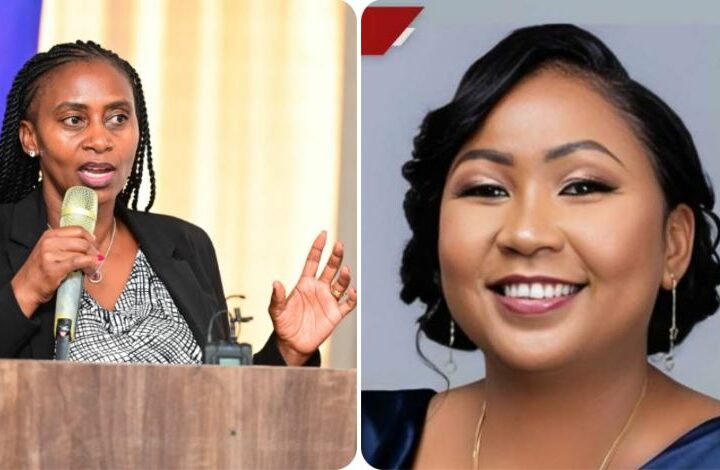As the world marked Father’s Day on Sunday, June 20, two Kenyan dads shared what it’s like to be a stepfather.
Stephen Gitau Mwangi, from Nakuru, got married in 2017.
Then, he was a widower with four children. He is a stepfather to a 21-year-old son, Parsely
“A few weeks ago, my stepson Parsely Mugi and I were watching a football match and cheering on Manchester United. This is our best pastime together. We get angry with players, scoff at the referee, and high five when we win.
I enjoy watching soccer with him because it means more than just a game to us. It is partly what helped us to connect and bond.
In 2017, his mother and I decided to get married. We both shared history in that I was a widower with four children and her, a mother of one. Then, Parsely was 16.
For people like us to come together, the greatest challenge is children.
“Will they accept me as their father and if I am getting into the relationship with my children, will they be amiable to each other?” It is a gamble.
My stepson’s biological father passed on when he was two so for most of his life, my wife brought him up single-handedly. When I got into the picture, I’ll be honest that it was a difficult start because he was not used to the authority of a father figure.
On my end, it also meant that I had to be very careful when imposing discipline as it is easy to be taken out of context and you risk being misquoted. Other times, correcting the child might be coined to look like prejudice.
In the early days of our relationship, he could not even call me father. Granted, he had become used to not calling anyone by that name. Instead of imposing it on him, I focused on bringing him closer by doing “boys’ stuff”. It took a while but with the cultivation of friendship and an often reminder from his mother that I was now part of his life, he finally called me “dad.” I do not remember the events that preceded this moment but the name has stuck since. I also came to learn that he was yearning for the company of a father figure and had been compelling his mother to get married, that is, “if she finds the right person”.
We have an amazing relationship and spend time either watching soccer or driving around the neighbourhood. I teach him about the role of a father, family, and identity. Without a father figure, such children may lack self–identity.
In return, he has taught me many lessons on fatherhood. It is all about responsibility. You might be the biological father to a particular child, but how can you claim to be responsible if you are absent?
These are the same lessons that I pass down to him. I want him to know that I will be there for him always.”
Samson Mutahi, 56, is stepfather to a daughter, Faith.
Samson and his wife Margaret Cherotich have one child together
“In Kikuyu culture, we have a phrase that says “when you like a cow, you have to like its rope too.” In relationships, it means that if you fall in love with a single mother and accept to marry her, you have to take in the responsibility of her children as well.
I was 38 when I settled down in marriage. Before that, I was asked many questions about “When are you settling down or can we help?”
I declined the unsolicited advice. My wife had two children when I married her. Unfortunately, one of them, a boy, passed on. Faith was in standard two when we got married.
Faith and I bonded easily and quickly partly because she was young and having been present at the wedding, she saw what was happening and her mother often reminded her that I was the father. To add, the fact that her biological father was not in the picture made it easy for her to call me “father”. I imagine that if he were present, she would have been confused on who to accord the title at such an age.
When I talk to some men who wish to settle down with a woman already with children, one of their greatest concerns is the people around them. Some tell them how they are making a mistake getting into such a relationship while others try to distract them. But at the end of the day, the decision is solely on you.
In my case, I did not face this. I had made it clear to my family and friends that I am the one who’d have the last say on my partner of choice. To date, nobody has ever asked about it and nobody can determine that I am not Faith’s biological father. One thing that works in our favour is that I am very close to my wife and we maintain some boundaries.
To add, it also comes down to how I treat her–from standard two to the university– I would ask that she writes for me a list of what she wanted and I would shop for her. She knows that she doesn’t have to necessarily go through her mother when she wants something. From the start, this is the openness I wanted to encourage so that when I discipline or correct her, she knows that it’s coming from a place of love.
For instance, two years ago, she approached me with the intent to move out of home but I declined because I knew that she was doing it out of pressure from her friends and partly because her workplace is near our home. Since then, she has not raised the subject again.
Looking back, there’s no particular challenge that I can point out that I have faced when raising her. We have another child and I treat the two without bias. Faith is now in her 30s and we help each other a lot whether financially or emotionally.
Playing the role of a stepfather has taught me the essence of responsibility and that one has to take his place as the man of the house. To be accepted by your stepchildren, you need to prepare psychologically— give them space if they need it and work hard towards building a friendship with them.”
Source: Saturday Magazine/Nation








